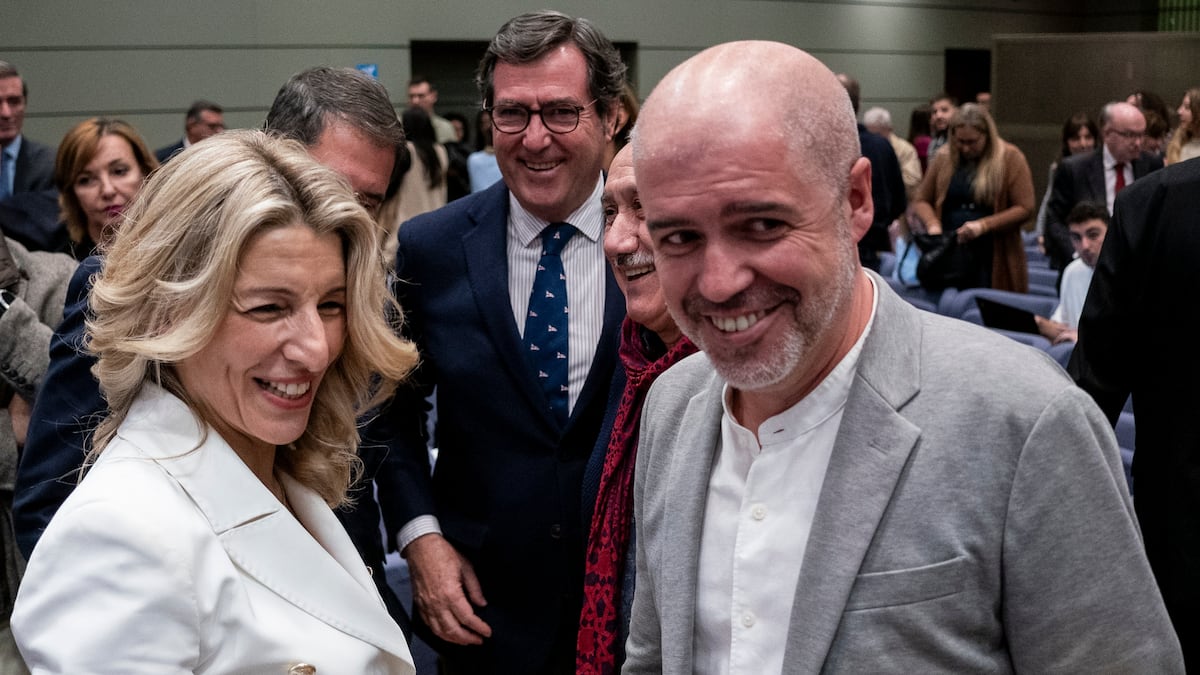On Tuesday, social agents, including unions and employers, criticized the government for unilaterally changing the structure of collective bargaining without prior negotiation. This modification, which gives preference to regional and provincial agreements over state-level agreements, was agreed upon by the government and the PNV in exchange for Basque nationalist support for Pedro Sánchez’s investiture. The change was included in the Royal Decree-Law without formal consultation with social agents.
The CC OO union was the first to publicly criticize the government’s decision, arguing that it interfered with the functions of union and business organizations as established in the Spanish Constitution. While CC OO is open to negotiating changes to collective agreements, they believe that social partners should be involved in decision-making processes. UGT also expressed its disappointment at the lack of negotiation, stating that such decisions should be made through social dialogue.
Business organizations were similarly critical of the measure, accusing the government of disregarding social dialogue and questioning its impact on market unity, social cohesion, and competitiveness. CEOE and Cepyme were among those who strongly condemned the change.
This is not a new tactic by the government to introduce changes to labor laws with support from nationalist parties. Previous attempts have faced negative votes and criticism from social agents. The lack of formal negotiation and involvement of social partners in decision-making processes has created tension among employers, unions, and business organizations.
In addition to collective bargaining issues raised by CC OO, other aspects of the Royal Decree-Law have been criticized by them as well. For instance, modifications to termination of employment contracts and changes made to Economic and Social Council have sparked further debate among stakeholders.
Overall, critics argue that involving all stakeholders in decision-making processes is crucial for ensuring fairness and effectiveness in labor policies and regulations.












+ There are no comments
Add yours